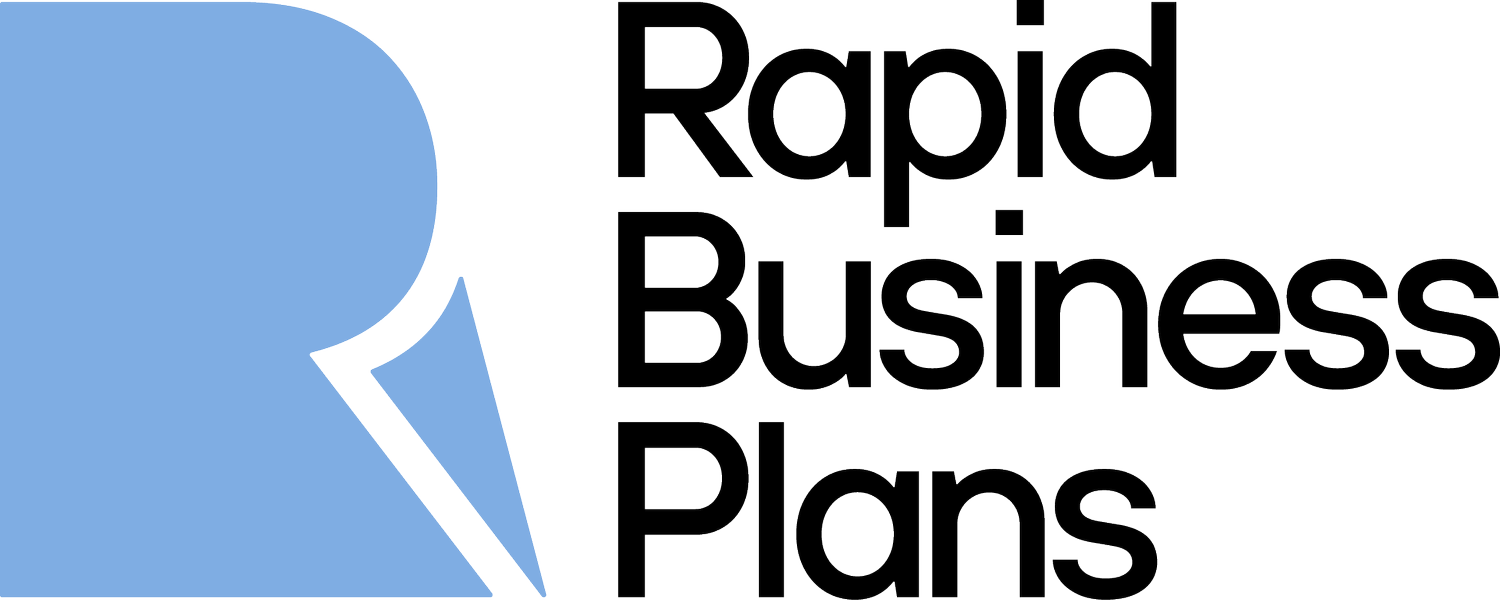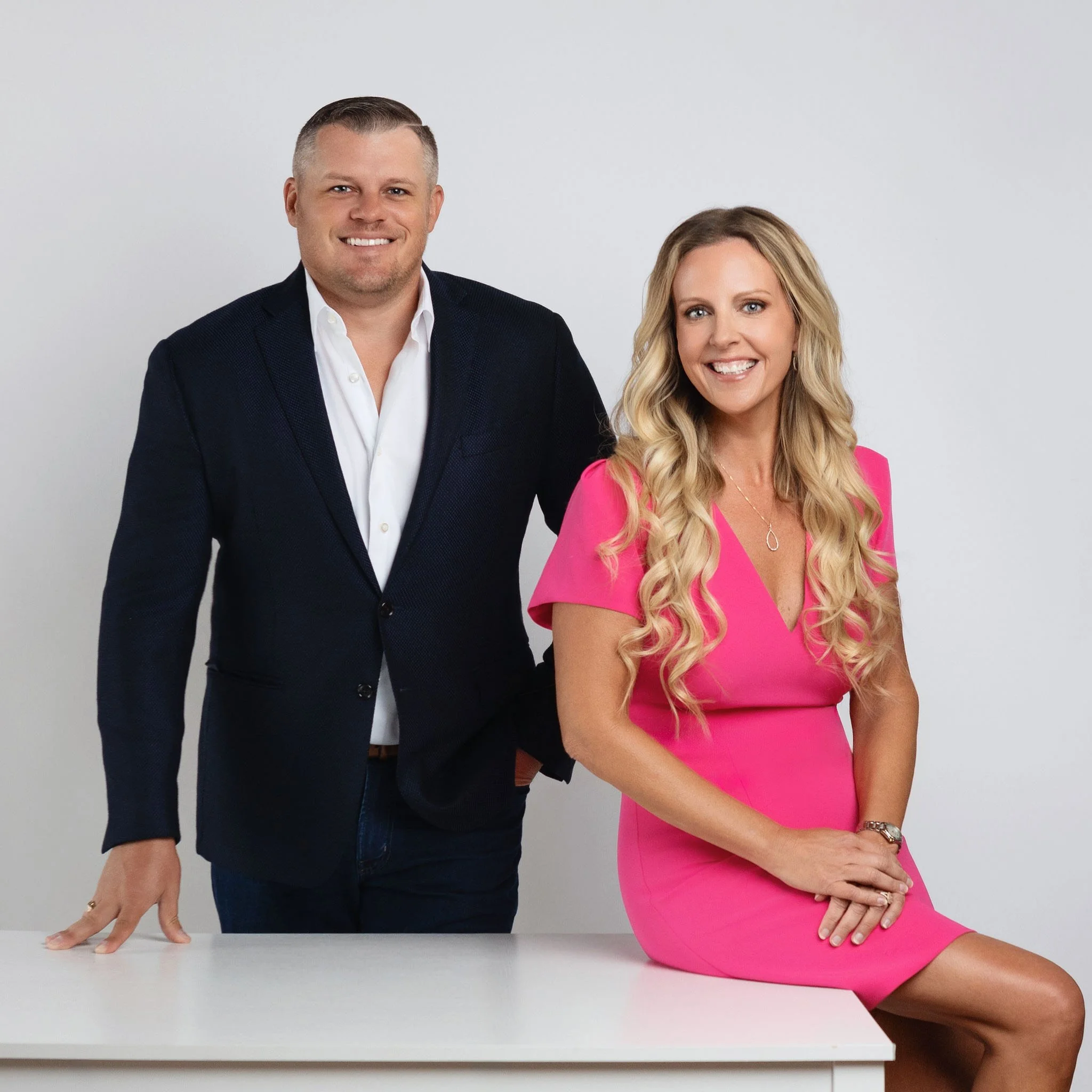SBA Brokers: The List Is Coming... And It Could Change Everything
/Why the SBA’s New Broker Oversight May Be the Biggest Shakeup in a Decade
If you’re an SBA loan broker, this is the biggest news to come out of Washington in over a decade.
The SBA is making a list. And no, it’s not a holiday card roster.
For the first time, the agency has announced plans to build an official broker directory, logging the names of anyone who assists in packaging, placing, or referring SBA 7(a) loans. The goal? Transparency. Oversight. Accountability.
But let’s be honest: it’s also likely about enforcement.
Big Brother Is Watching
Whether you call it compliance or control, the government is tightening its grip. According to recent comments from SBA officials, the broker list won’t just be a database, it may include metrics like compensation, loan volume, and even performance history.
It raises a huge question: What happens if you’re at the top of the list?
If you're involved in fraud (big or small) there’s no gray area. You should be out. Period. The entire lending ecosystem suffers when bad actors abuse the system, and brokers who play dirty deserve no place in the program.
But fraud isn't the only reason your name could land on someone’s desk.
Defaults: Where Do We Draw the Line?
Let’s say you're not committing fraud. You’re placing deals with banks that approve them. Then the business defaults. Should you, the broker, be penalized?
That’s where things get murky.
Brokers aren’t credit officers. They don’t underwrite the file. If a borrower meets SOP, and the lender gives it a green light, should the broker’s name be dragged into post-default reviews?
The fear is that this new list could eventually rank brokers not just on volume, but on loan performance. And that could create a chilling effect. Brokers becoming more risk-averse, only taking “safe” deals, and leaving real entrepreneurs behind.
The Fee Fight Is Next
Another tension brewing: broker compensation. Some voices in DC are starting to question whether broker fees should be capped, regulated, or otherwise scrutinized. But here’s the thing—brokers aren’t federally funded. They’re paid by clients for their expertise, connections, and ability to close deals that most borrowers couldn’t navigate alone.
Should the SBA be in the business of price-setting for private service providers?
Or should the free market decide what value a broker brings?
Because make no mistake, good brokers do bring value. They help under-resourced buyers structure compliant deals, they coach new borrowers through one of the most complex financial transactions of their life, and they often play a critical role in economic development, especially in underserved markets.
The Road Ahead
Like it or not, more oversight is coming. The SBA wants to clean up the program and increase transparency, and that’s a good thing. But let’s be clear about the stakes. If the broker list turns into a ranking, a blacklist, or a fee-control mechanism, it could fundamentally change who participates in the ecosystem and how.
The question isn’t whether the list is coming. It’s what it will be used for.
Need a partner who keeps up with the SBA’s rulebook, so you don’t have to? Streamline your next SBA transaction with confidence.




